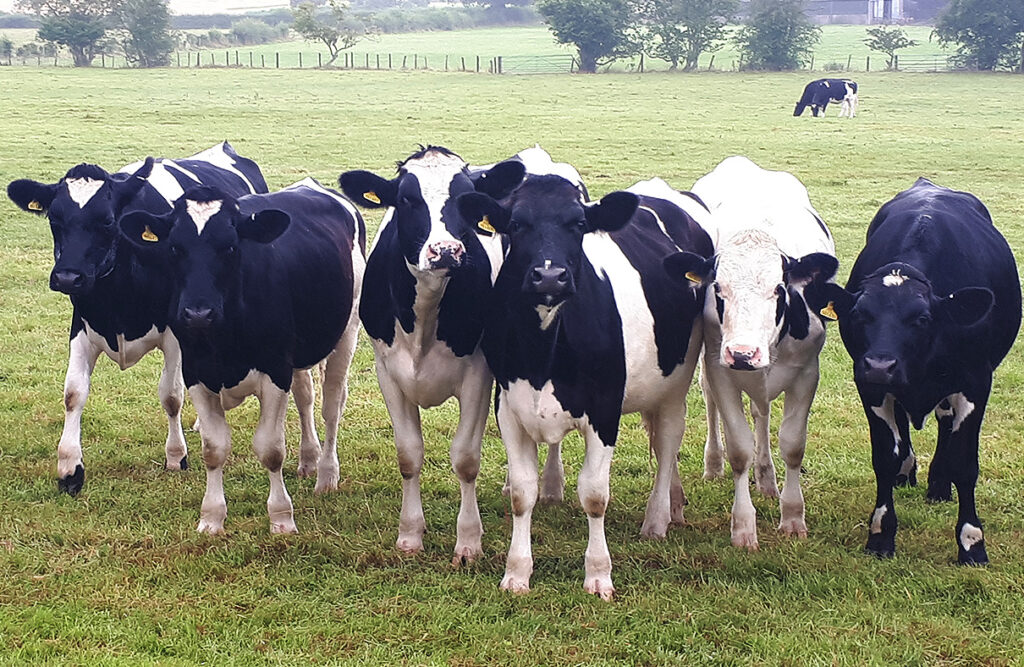



Article by: Hari Yellina
Agriculture has a lot of potential to help us achieve our goal of Net Zero CO2 emissions by 2050 and massive reduction by 2030. Over the ten years 2020 to 2030, NSW agriculture has the capacity to produce abatements, and individual landholders’ joint activities can make a difference. Prior to considering carbon sequestration on your farm, you can take steps to reduce greenhouse gas emissions.
There are simple things you can do to minimise your farm emissions rapidly, such as making sure your fossil fuel energy use is as efficient as possible. Petrol, diesel, LPG or natural gas, and electricity are all examples of this. Energy efficiency has the potential to cut emissions while also lowering expenses.
This may entail:
Ruminant cattle produce methane as a by-product of the bacteria in their digestive systems, which allows them to properly utilise pasture. Methane is a potent greenhouse gas that accounts for over 75% of agricultural emissions in New South Wales. Ensure that your production system is as efficient as possible to limit ruminant methane emissions.
Denitrification can be reduced by managing nitrogenous fertiliser application, resulting in the loss of the fertiliser’s potential benefits and the formation of nitrous oxide, a strong greenhouse gas. Nitrous oxide is created in the soil by the breakdown of plant material, manure, and applied nitrogen fertilisers, especially when the soil is wet. According to studies, up to 80 percent of applied nitrogen fertiliser might be lost to the atmosphere due to denitrification. Application of slow-release coatings and inhibitors at the right time can reduce losses, lowering emissions, enhancing output, and saving money.
Methane and nitrous oxide, both strong greenhouse gases, are produced by animal industries such as feedlots, piggeries, and dairy farms. Decomposing manure emissions from intensive livestock operations account for around 4% of NSW agriculture greenhouse gas emissions. Recycling or distributing and incorporating manure in the field have the potential to lessen this emission.There are also options for generating sustainable energy on the farm by installing a biogas system.
All of these activities can be taken to minimise greenhouse gas emissions on farms, allowing farmers to contribute to the Nett Zero goal by 2050 while also increasing farm production and profitability. As a result, it is beneficial not only to the environment but also to the business.